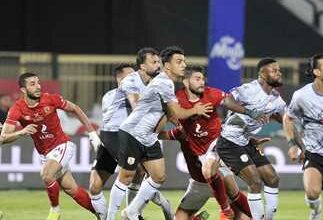Frustrated Zamalek residents were refusing to vote at the local polling station after being faced with a three-hour wait at the island’s only polling center.
Al-Masy Al-Youm spoke to a number of people who were leaving the island in search of other ballot stations.
“I thought there were going to be four stations,” said mother-of-two Monique Haddad as she was leaving the queue. “There should be far more.”
At 9AM, a huge 150-meter line had developed outside the al-Ibrahimi School on al-Sayed al-Bakri Street, the only location in Zamalek where voters in today’s referendum could cast their ballot.
By 2PM, people about to cast their ballot inside the school theater said they had been waiting in line for three hours.
Not everybody was unhappy though.
Sami Tayie, a 54-year-old professor of mass communications at Cairo University, said “I would stay here for four or five hours. It doesn’t bother me.”
Virtually all the voters who spoke to Al-Masry Al-Youm said they would be voting against the proposed constitutional amendments.
Most were also first-time voters.
“When the people protested they said they wanted the system to fall,” said Nour Khaled, a 24-year-old business development officer. “The system included the constitution and the president. We want real change.”
Nadia Farid, a 43-year-old assistant manager for Lufthansa, said, “My grandfather and my father used to vote a long time ago. In the beginning of the Mubarak government we still had high hopes, but after a while we knew it was useless.
“But today it is my first time voting. For most of the people here it is their first time voting.”
Others supported the amendments.
Tamer Gamal, a 27-year-old communications engineer, said he would vote “yes”.
“We have a choice to make the military go back home. But if we say no they will stay. Maybe in six months we won’t have another chance to say ‘yes’.”
Like many other polling stations around Cairo, there were problems with ballot papers, some of which did not have an official referendum stamp.
Early in the morning residents were walking up and down the queue to tell voters that they should check their ballots before voting.
After casting her vote, Aida Moursi, a mother of three, said: “I saw three papers with no stamp. On the stairs there was a lady shouting out ‘please don’t forget to check your paper’.”
Some voters indicated that religious considerations affected how they voted.
“I’m worried about the Muslim Brotherhood. That’s why I’m here,” said Paola Raymond, a 45-year-old dentist.
“I’m a Catholic so I represent a tiny minority in the country. The Copts have 10 million, but we have maybe 5,000. The day I will not be able to speak freely and dress as I want to dress I will leave the country.”




